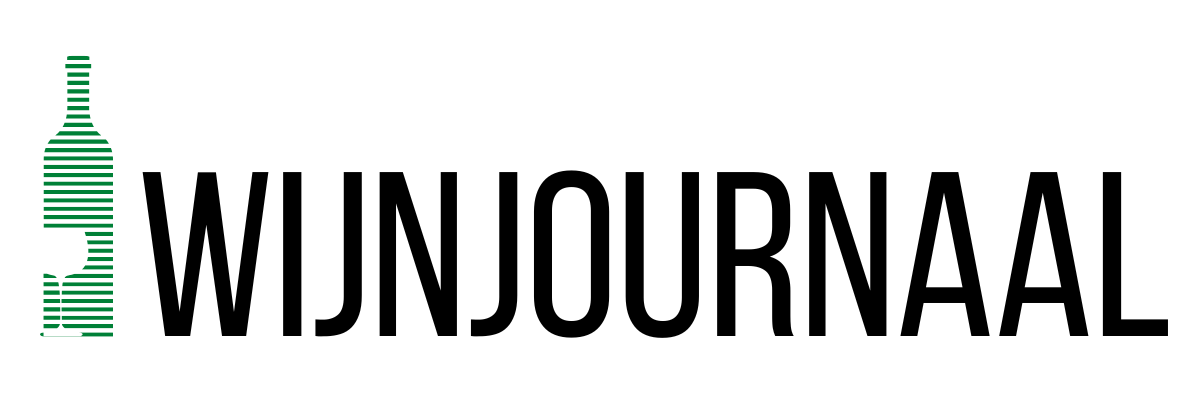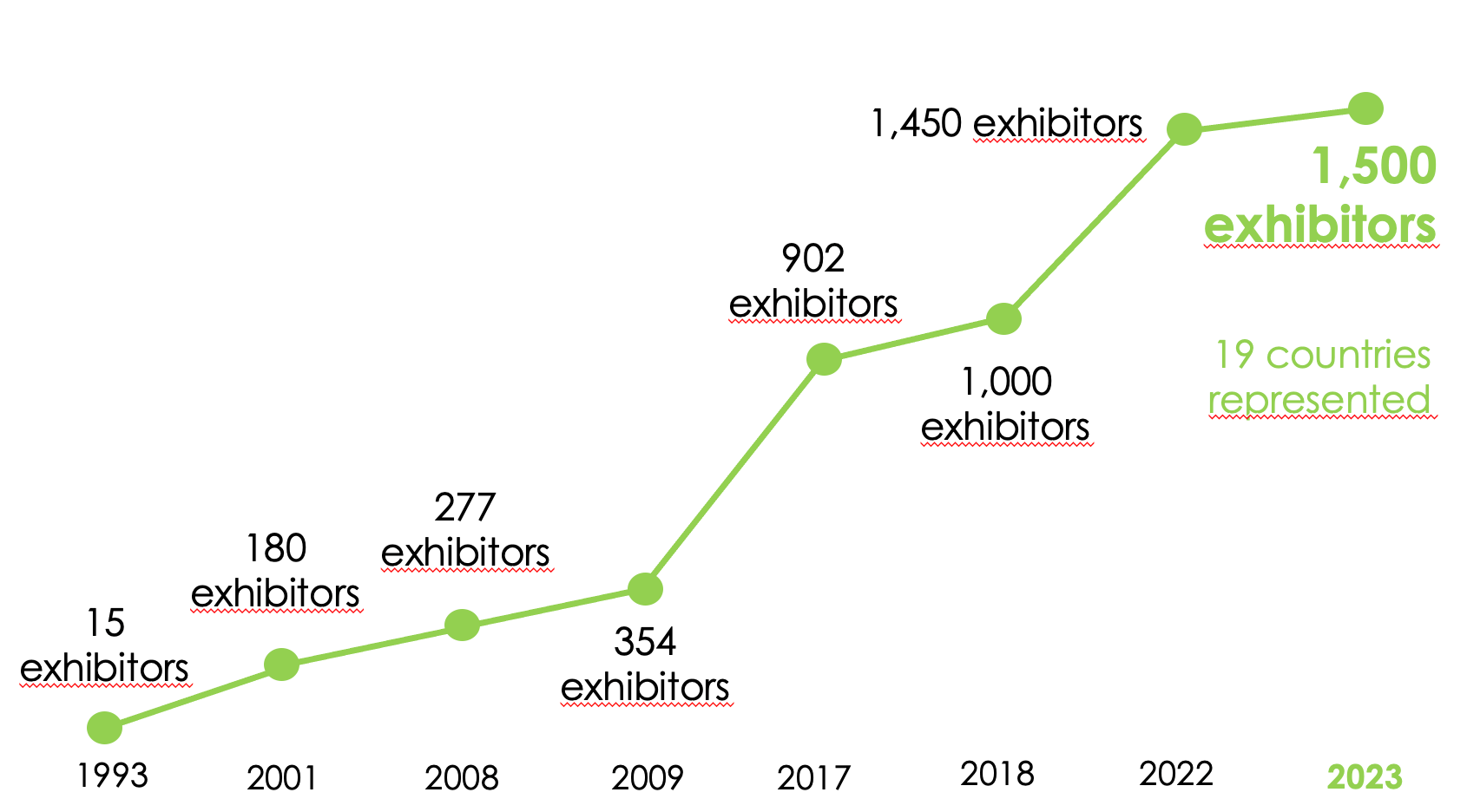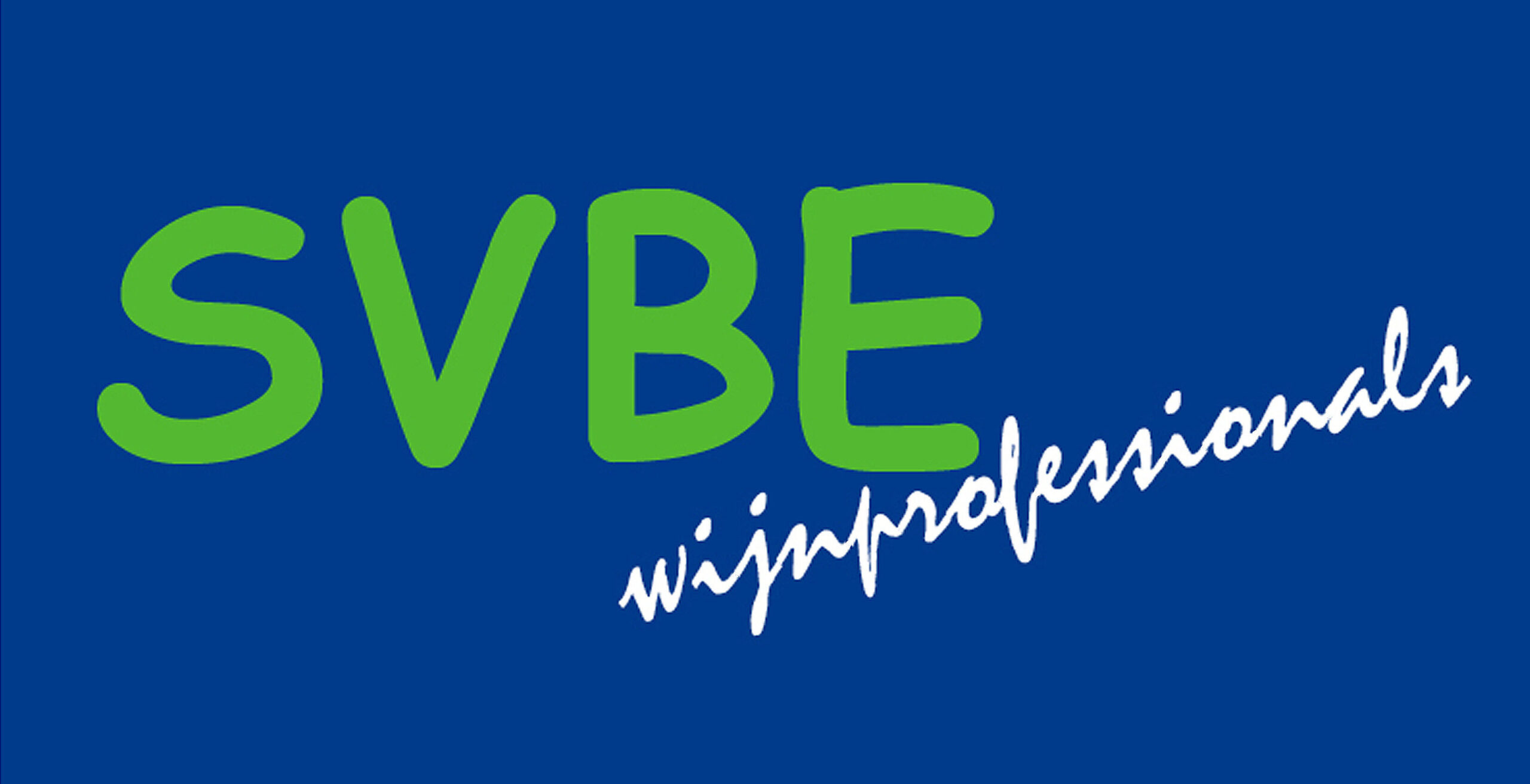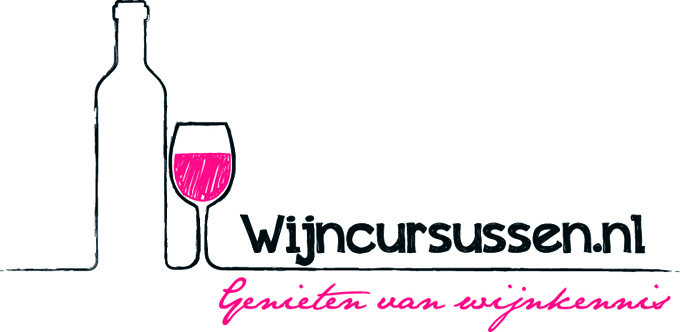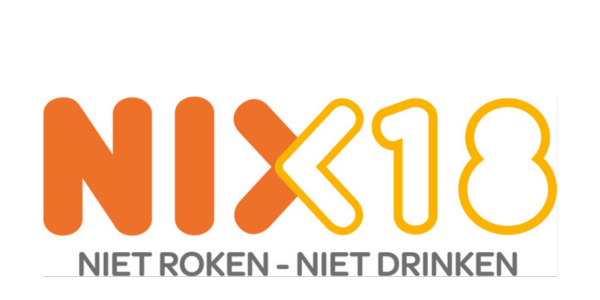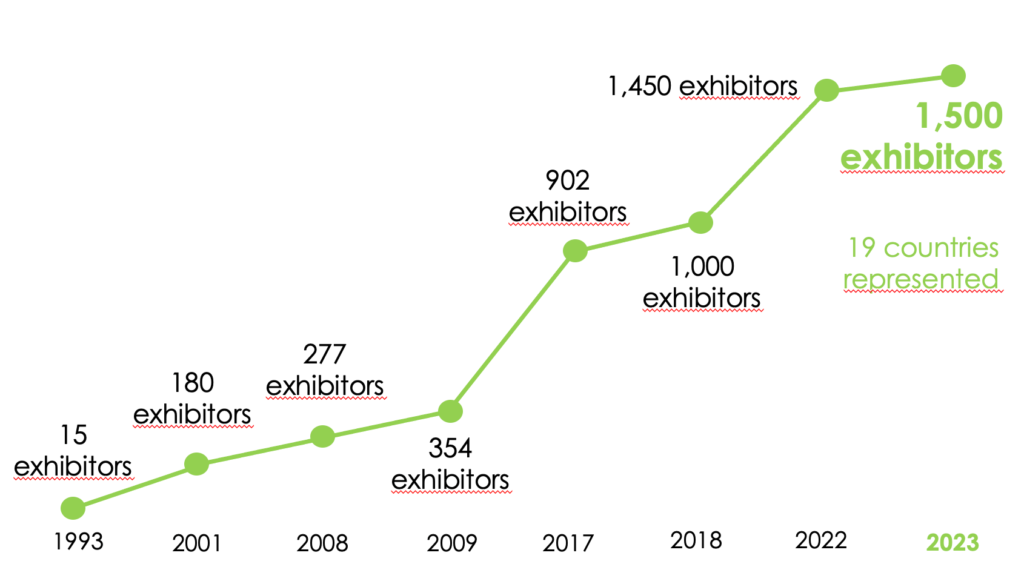
REVIEW
STABILITY STRATEGY – “This year, we have chosen to host an exhibition with the same format as last year. We have a few more exhibitors than in 2022 but that’s because health restrictions in force at the time prevented some companies from travelling to the exhibition”, points out Jeanne Fabre, chair of the Millésime BIO committee of Sudvinbio.
87 EXHIBITORS HAVE BEEN ORGANIC FOR OVER THIRTY YEARS – Certified since the 1970s or 80s, they have farmed organically for longer than the history of the exhibition! Conversely, 7 % of exhibitors have been organic for less than three years and 15 % of exhibitors are attending for the first time.
19 COUNTRIES REPRESENTED – France, which has the largest organic vineyard acreage in the world, is by far the most highly represented country with 80 % of exhibitors. But the list features every major wine producer country, including Spain, Italy, Portugal, Austria, Germany, Argentina, Chile and New Zealand, along with a newcomer to Millésime BIO, Croatia. Europe’s leading organic region, Occitania, accounts for 35 % exhibitors.COMPLEMENTARY INITIATIVES – In addition to the organic endorsement, 24 % of exhibitors combine this with biodynamic certification (Demeter or Biodyvin), 8 % with Natural Method Wine certification, and 32 % with a no added sulphites scheme. “Their growth demonstrates the maturity of the organic industry because it allows those companies that choose to do so to explore complementary avenues”, stresses Nicolas Richarme, chairman of Sudvinbio.
| DEBATES ORGANIC WINE INDUSTRY REGULATIONS: A TOPICAL ISSUE? Olivier Nasles chairs the National Organic Farming Committee, a forum for consultation whose members are primarily organic industry members and consumer associations. On Monday, he took part in a conference on changes to the regulatory framework. |
| Does a conference on regulatory changes mean there are developments in the regulations? Here’s what’s happening. In May 2018, a new European ruling on production and labelling of organic products was adopted in a bid to harmonise the rules between States, provide a clearer framework for inspections and support development of organic farming. Some measures are very technical, others are easier for consumers to grasp, like the advent of the statement ‘Wine in conversion to organic farming’ for wines in their second or third year of conversion. The new ruling is four years old but it contains so-called ‘secondary’ acts with measures that come into force gradually. It is important to inform operators about these changes. Especially because the organic industry was developed based on strict rules… Absolutely and it is important to stress this at a time when the increase in endorsements is tending to blur the picture. Organic farming complies with clear, transparent specifications banning any use of synthetic chemicals. You only become organic after a three-year conversion process and when you are organic, you are inspected every year. So for consumers, organic is an endorsement they can trust. |
